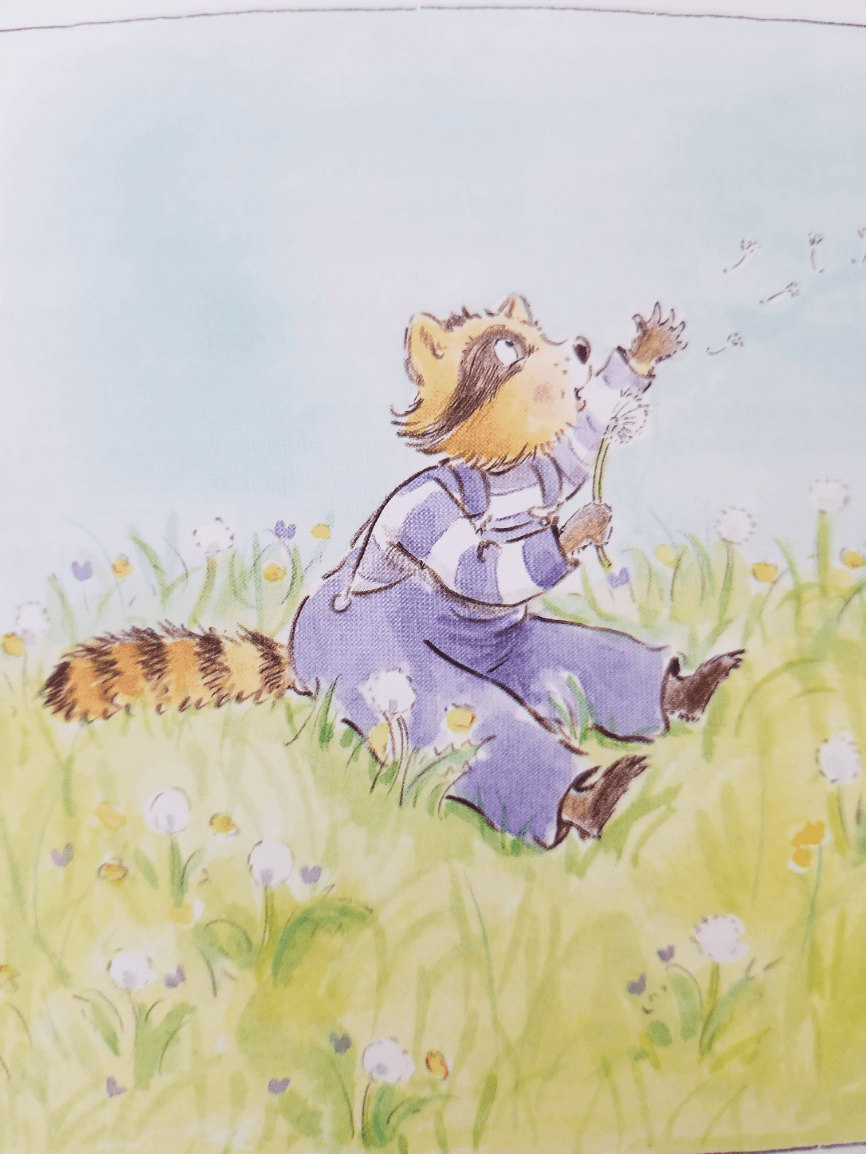What is trauma?
Trauma is when something really scary, sad, or hurtful happens, and it makes you feel upset or scared even after it's over.
What is an abuser and WHO can be an abuser?
Abuser is someone who causes trauma. It can be anyone - a stranger, family member, parent or caregiver, sibling, etc . Abuser's are more often someone we know personally than a stranger.
What are we going to be learning about in therapy?
How to move forward from our trauma and learn tools to help us control our feelings and learn safe and healthy ways to feel better.
What is foster care?
Sometimes kids can't live with their moms or dads so they need to live somewhere else for different reasons. Sometimes parents hurt them, or they die, they might have to be in jail, and sometimes parents have a hard time take care of them. That's when they go to foster care. It's not the kid's fault. All kids need a grown up to take care of them!
Criteria 1-intrusion symptoms



recurrent, involuntary distressing memories that come to mind when we don't want them to, trauma-related dreams or nightmares, flashbacks or dissociation ("checked out"), physical body responses when triggered, and/or intense and prolonged reactions to triggers
What are triggers?

Something that reminds children of their original trauma experience. They may be a person, place, thing, smell, memory, conversation, or even body language. Some are easy to figure out (fire alarm went off), and some are hard (lasagna for dinner)!
Who's fault is it when trauma happens?
The abuser! It is never the victim's fault no matter what.
Daily Double: Try to make us laugh by telling your best joke, doing something silly, or making a funny face!

How many kids are in foster care?
There are more than 12,000 children in North Carolina living with foster families!
Criteria 2-avoidance

effort to avoid trauma-related thoughts, feelings, or memories and external reminders such as people, places, and things associated with the trauma
What do kids feel when they've experienced trauma?
Lots of BIG feelings like anger, sadness, confusion, shame, guilt, frustration, disappointment, just to name a few. All feelings are normal!
When is trauma the child's fault?
NEVER.
How can we start trying to manage our big feelings now?
Relaxation strategies! (Safe place, Light Stream, Breathing Colors, Container, Legos, Drawing)
Are all foster parents the same?
Daily Double: If you could be an animal for the whole day, what animal would you choose?

That sounds awesome ☺
Amygdala - what does it do?

The amygala is the part of our brain that controls emotions. It's job is to keep us safe and protect us from danger. "Amy" sends fear signals to my body so I run, freeze, or fight the "danger." When we experience trauma, Amy can think that little things can be scary and cause a false alarm.
Who has the loudest roar?
What is it called when a parent or caregiver harms a child due to being angry, as a punishment, or another reason?
physical abuse
What is the best part of your day?
Love that!
Criteria 3-negative alterations


negative beliefs about oneself, others, or the world, persistent, distorted thoughts about the cause of trauma and consequences of the trauma (shame/guilt/blame), negative mood, difficulty feeling positive emotions, and feeling detached or trouble forming positive and healthy relationships
Daily Double: If you could have any superpower, what would it be?

Cool! You'd make a great superhero ☻
How many kids does trauma happen to?
Between 15% and 43% of children experience at least one trauma.
What are some reasons kids may not immediately tell they have been abused?
Fear of what will happen, fear of not being believed, fear that guardians will be angry and react, fear of breaking up family, fear of getting in trouble...
Is there something wrong with how I feel or what I think?
It can be hard not knowing answers to questions. It is normal to have big feelings about who you live with or what you cannot make decisions on. A kid's job is to be a kid, go to school, play, and grow! It is normal to feel angry, scared, disappointed, worried, and also it is normal to feel happy, care for, and love the people you spend time with! There is nothing wrong with how you feel or what you think...but it is important to talk about them so we can feel better!
Criteria 4-hypervigilance



arousal and reactivity such as irritable behavior or "unexplained" anger outbursts, reckless/self-destructive behavior, exaggerated startle response, concentration problems, sleep difficulties, and always looking over your shoulder or feeling "on guard"